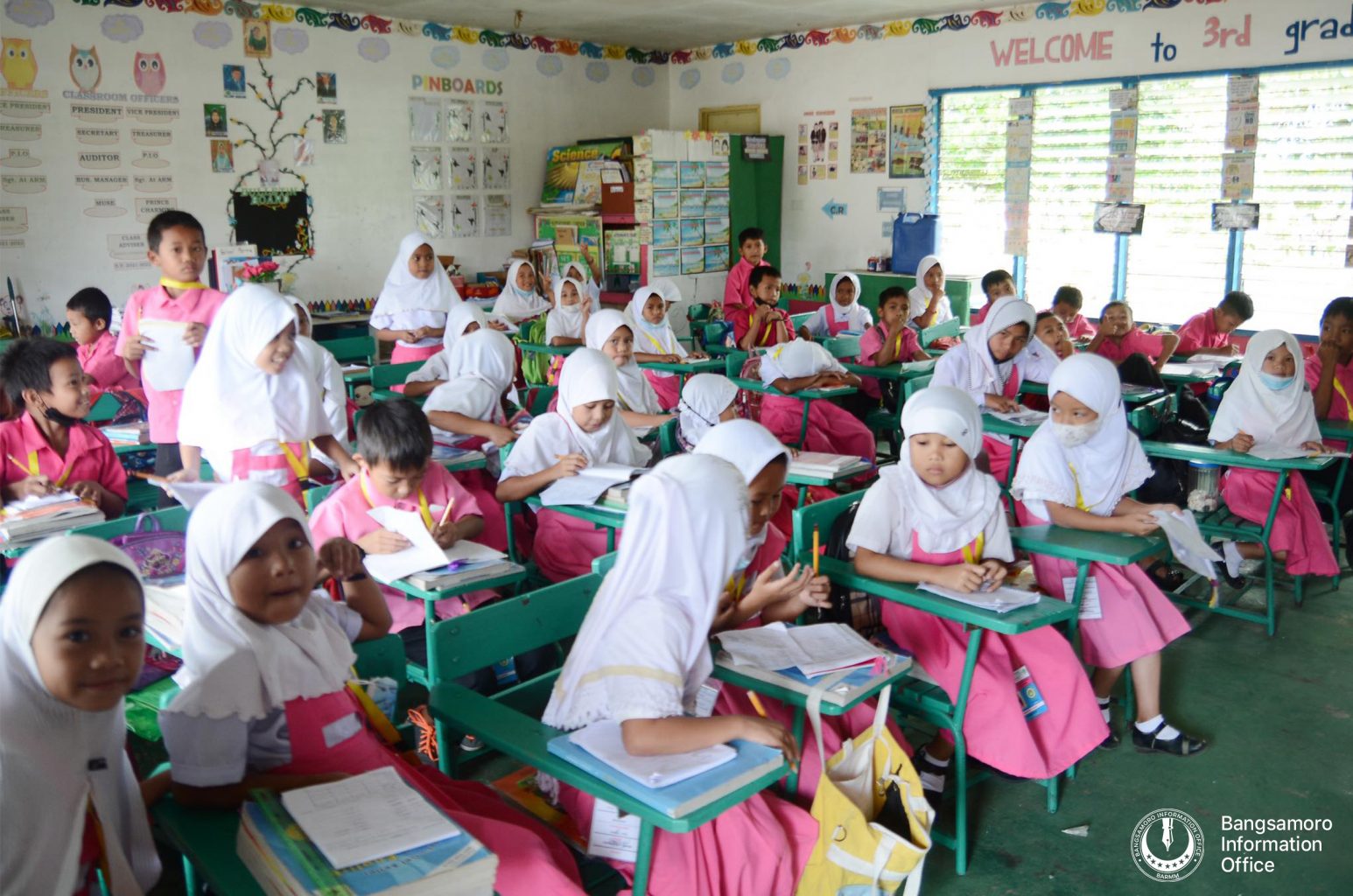
Photo by Michael Camsa
COTABATO CITY—The Bangsamoro Government wants to assure that Bangsamoro learners get adequate nutrition through its school-based feeding program.
During the dissemination forum with humanitarian partners on Feb. 23, Minister for Basic, Higher and Technical Education (MBHTE) Mohagher Iqbal said that the Ministry allocated Php384 million from the Block Grant duly approved by the Bangsamoro Transition Authority (BTA) Parliament for a school-based feeding program for 160,000 learners from 11 Divisions of the region.
“The MBHTE promotes healthy eating habits through our school-based feeding program (SBFP) to ensure our students consume food with the proper nutritional value; we need to guarantee that they are well-educated and in good health,” Iqbal said.
Accordingly, some of the benefits of school feeding on children and adolescents include alleviating hunger, reducing micronutrient deficiency and anemia, preventing overweight and obesity, improving school enrollment and attendance, increasing cognitive and academic performance, and contributing to gender equity in access to education.
To recall, former President Duterte signed in 2018 the Republic Act No. 11037 or the “Masustansyang Pagkain para sa Batang Pilipino Act”, which established a National Feeding Program for undernourished public-school children in daycare centers, as well as those in kindergarten to Grade 6.
Iqbal also signified the regional government’s support for the humanitarian partners’ initiatives of home-grown feeding programs in the region, which will provide healthy and nutritious food to school-aged children while supporting the local economy of the region.
Meanwhile, Bangsamoro Planning and Development Authority (BPDA) Director-General (DG) Mohajirin Ali shared that the Bangsamoro Government acknowledged the importance of school health and nutrition and the local farmers’ contribution to boosting the local economy.
“We recognize the contribution of our local farmers through home-grown school feeding to address the malnutrition among the school-aged children to ensure their health and nutrition, as well as providing them with access to basic education,” Ali said.
The forum was organized by the Food and Agriculture Organization of the United Nations (UNFAO), the United Nations Children’s Fund (UNICEF), and the UN World Food Programme (UNWFP) along with the Finnish Embassy in Manila
Being led by Finland Ambassador to the Philippines Juha Pyykko, the said forum sought to present the results of the assessment and solicited feedback and recommendations from the BARMM ministries, offices, and agencies on the integration of home-grown school feeding through multi-stakeholder collaboration.
Representatives from the National Nutrition Council (NNC-BARMM), Ministry of Health (MOH), Ministry of Social Services and Development (MSSD), Ministry of Agriculture, Fisheries and Agrarian Reform (MAFAR), Ministry of the Interior and Local Government (MILG), Ministry of Indigenous People’s Affairs (MIPA), Consortium of 4Bangsamoro Civil Society (CBCS, and Community and Family Services International (CFSI) were present during the forum. (Kasan Usop, Jr./BIO with reports from BPDA and MBHTE)







